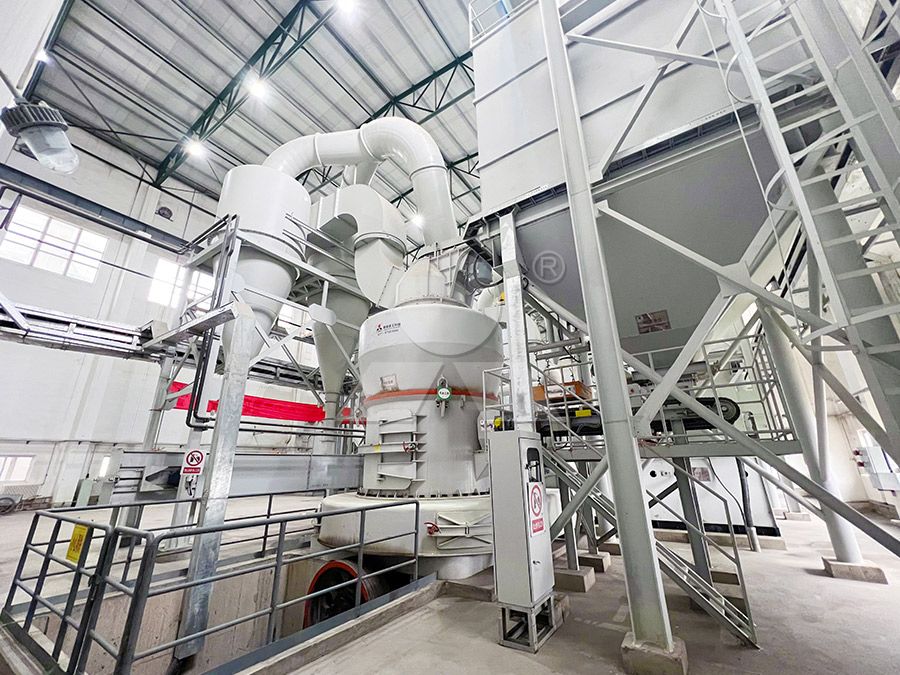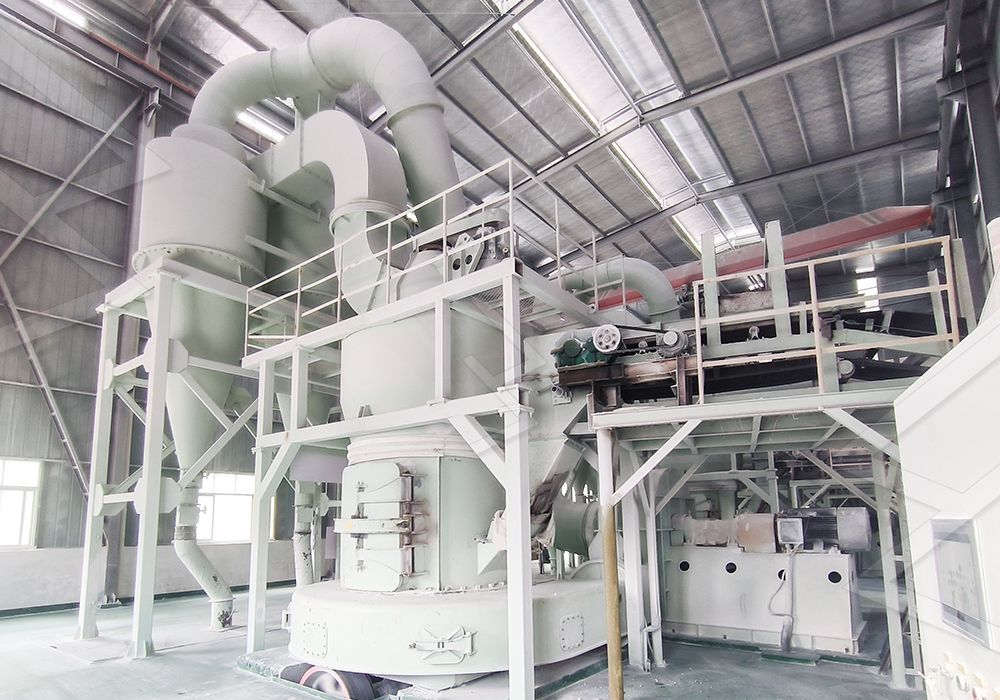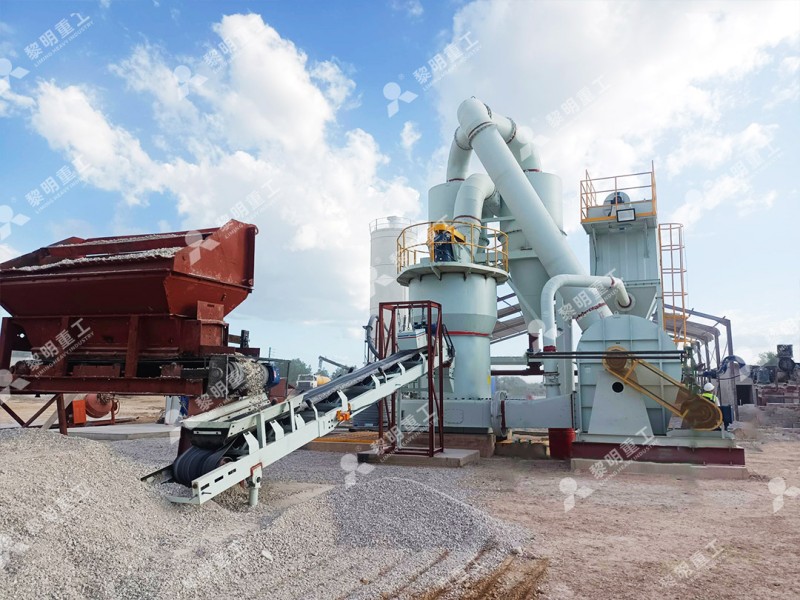High Pressure Suspension Grinding Mill: Efficient Processing Equipment for Coal Ash and Slag
Transforming Industrial Byproducts Into Valuable Resources
In today’s industrial landscape, the efficient processing of coal ash and slag has become increasingly critical for both economic and environmental reasons. These byproducts, once considered waste materials, now represent significant opportunities for resource recovery and sustainable practices. The key to unlocking this potential lies in selecting the right grinding equipment that can handle these challenging materials while maintaining operational efficiency.
Coal ash, a residual material from coal combustion, and slag, a byproduct of metal smelting, possess unique physical characteristics that demand specialized processing solutions. Their abrasive nature and varying moisture content present distinct challenges for conventional grinding systems. This is where high-pressure suspension grinding technology demonstrates its superior capabilities.

The Technical Advantages of Modern Grinding Systems
Modern high-pressure suspension grinding mills incorporate advanced engineering principles that make them particularly well-suited for processing coal ash and slag. The fundamental operating mechanism involves a spring-loaded grinding system that applies consistent pressure to the material being processed. This creates a suspension effect where particles are ground against each other under high pressure, resulting in efficient size reduction with minimal energy consumption.
What sets these systems apart is their ability to maintain stable operation even when processing materials with inconsistent properties. The spring tensioning system automatically adjusts to variations in material hardness and feed rate, ensuring consistent output quality. Additionally, the enclosed design prevents dust emissions, addressing one of the primary environmental concerns associated with fine powder processing.
Optimizing Performance for Specific Applications
When processing coal ash for use in concrete production or as a filler material, the grinding fineness and particle size distribution become critical parameters. The material must be ground to specific dimensions to ensure proper pozzolanic activity and workability in final applications. Similarly, slag processing requires careful control over the grinding process to produce material suitable for cement replacement or aggregate applications.
The versatility of modern grinding systems allows operators to fine-tune multiple parameters to achieve the desired product characteristics. Adjustable grinding pressure, classifier speed, and feed rate provide comprehensive control over the final product’s properties. This flexibility is particularly valuable when processing materials from different sources with varying chemical and physical characteristics.

Advanced Solutions for Enhanced Efficiency
For operations requiring ultra-fine processing of coal ash and slag, our MW Ultrafine Grinding Mill represents a significant technological advancement. With an input size capability of 0-20 mm and capacity ranging from 0.5-25 tph, this system is engineered for customers who need to produce ultra-fine powder with exceptional efficiency.
The MW series incorporates several innovative features that make it particularly effective for coal ash and slag processing. The newly designed grinding curves of the grinding roller and grinding ring enhance grinding efficiency substantially. Compared to conventional systems, the production capacity is 40% higher with the same fineness and power consumption, while system energy consumption is reduced to just 30% of jet grinding mill requirements.
One of the standout features for industrial applications is the adjustable fineness between 325-2500 meshes, achieved through German cage-type powder selector technology. This precision in particle size control ensures that the processed material meets the strict specifications required for high-value applications. The absence of rolling bearings and screws in the grinding chamber eliminates common failure points, significantly enhancing reliability and reducing maintenance requirements.
Environmental Considerations and Operational Safety
Processing industrial byproducts carries inherent environmental responsibilities that modern grinding equipment must address. The integration of efficient pulse dust collectors and mufflers in systems like the MW Ultrafine Grinding Mill ensures that dust and noise pollution are effectively controlled. The entire production process is designed to minimize environmental impact while maintaining high operational standards.
The external lubrication system represents another significant advancement, allowing for maintenance without production shutdowns. This feature enables continuous 24-hour operation, which is crucial for industrial operations with high throughput requirements. The digitalized processing and high-precision manufacturing of core components further contribute to the system’s reliability and consistent performance.

Economic Benefits and Return on Investment
The economic justification for investing in advanced grinding technology extends beyond simple production metrics. When processing materials like coal ash and slag, the value enhancement achieved through proper grinding can transform waste products into profitable commodities. The ability to produce consistent, high-quality powder opens opportunities in construction materials, agricultural applications, and various industrial processes.
The higher yield and lower energy consumption of modern grinding systems directly impact operational costs. With production capacity increases of up to 40% and energy savings of 30-50% compared to conventional systems, the return on investment becomes compelling. Additionally, the reduced maintenance requirements and longer component life further enhance the economic advantages.
Frequently Asked Questions
What makes high-pressure suspension grinding mills suitable for coal ash and slag processing?
These mills excel due to their ability to handle abrasive materials consistently, their adjustable pressure systems that accommodate material variations, and their enclosed design that contains dust. The spring-loaded grinding mechanism provides the necessary force for efficient size reduction while maintaining energy efficiency.
How does the MW Ultrafine Grinding Mill achieve higher efficiency compared to traditional systems?
The MW series incorporates optimized grinding curves, advanced powder selection technology, and eliminates common failure points like internal bearings and screws. This results in 40% higher production capacity with the same power input and reduces energy consumption by 30-50% compared to conventional grinding systems.
What environmental benefits do modern grinding systems provide?
Advanced systems feature integrated pulse dust collectors that eliminate dust emissions, mufflers that reduce noise pollution, and energy-efficient operation that lowers overall environmental impact. The transformation of industrial byproducts into useful materials also contributes to waste reduction and resource conservation.
Can the same equipment process both coal ash and slag effectively?
Yes, modern grinding systems like the MW Ultrafine Grinding Mill are designed to handle various materials with different characteristics. The adjustable parameters allow operators to optimize the process for specific materials, ensuring high-quality results whether processing coal ash for concrete applications or slag for cement replacement.
What maintenance advantages do these systems offer?
The absence of rolling bearings and screws in the grinding chamber eliminates common maintenance issues. External lubrication systems enable maintenance without shutdowns, and the robust construction of wear parts extends service life. Digital monitoring systems also help predict maintenance needs before they cause downtime.
